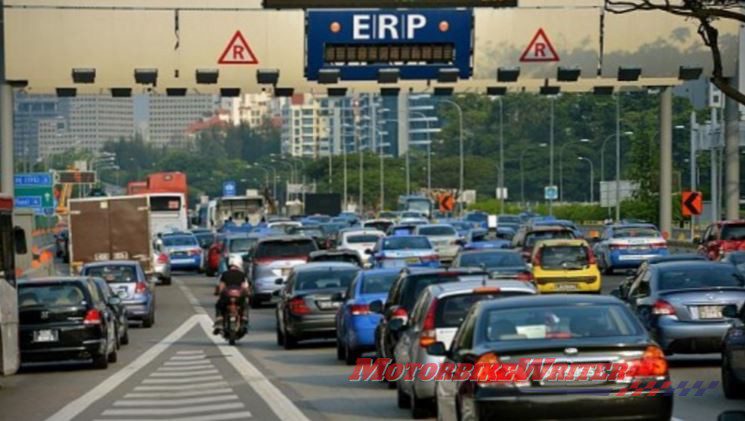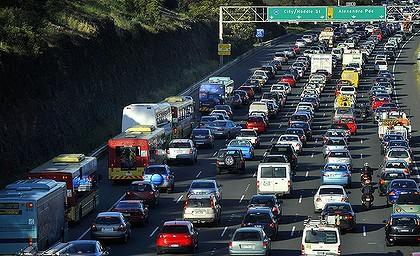Melbourne hopes to join several other cities by introducing a congestion tax for its CBD to solve traffic problems, but it has made no mention of exempting motorcycles and scooters.
The city’s Reducing Traffic for Better Streets paper suggests a road-user charge per kilometre to replace vehicle registration fees and/or fuel excise.
As it is just a discussion paper, details are not yet outlined and the council cannot legislate the changes anyway as they are state and federal matters.
However, it does open up a valid discussion to alleviate traffic problems in one of our major congested cities.
Monash University Department of Civil Engineering Professor Graham Currie says it is too early to discuss specifics such as exemptions for motorcycles and scooters.
“In practice (as usual) they haven’t thought about powered two wheelers yet,” he says.
Congestion charges
Melbourne’s discussion paper is not totally original as the following cities have similar systems not only to reduce traffic congestion but also air pollution:

- Singapore has road-user charges in a CBD zone resulting in a 20% reduction in delays and plans to ban pre-2003 motorcycles throughout the city in 10 years;
- Milan’s Ecopass charges all vehicles entering a designated traffic restricted zone and bans old cars and bikes that do not meet set emissions standards;
- A cordon charge in Stockholm has led to 24% fewer commuter trips by car (motorcycles and scooters are exempt), with most people switching to public transport and Gothenburg following the same example;
- China and Brazil are considering congestion charges in various cities;
- Oregon, USA, has trialled a voluntary pay-per-mile distance charge resulting in a 22% drop in traffic in peak hours and a 91% approval by participants; and
- London’s Low Emissions Zone charge has helped stabilise traffic congestion over the past decade despite population growth of 1.3 million. Motorcycles, scooters and electric vehicles are exempt, but from April 2019 the new London Ultra Low Emissions Zone will charge £12.50 a day for motorcycles and scooters that do not meet Euro 3 emissions standards.
 Rider concern
Rider concern
Riders should be concerned because these taxes and bans are likely to become more widespread in other congested cities in future.
Last year, the Grattan Institute suggested congestion charges in Sydney and Melbourne during peak hours and last month the Bureau of Infrastructure, Transport and Regional Economics recommended congestion charges in major cities saying congestion costs Australia upwards of $16 billion each year.
But rather than also charging and banning motorcycles and scooters, they should be seen as a solution to the problems of congestion and emissions and be exempt.
The Singapore ban on older motorcycles seems harsh but may be warranted as the city is choked by thousands of two-stroke scooters that have since ceased production.
Strict European emissions standards have made powered two-wheelers much cleaner and the coming wave of electric models will make them even more attractive for easing CBD congestion and pollution woes.
As for Melbourne’s discussion paper, it is important that rider representative groups lobby strongly for exemptions.
Melbourne City Council has an exemplary motorcycle plan, yet the city no longer has free tolls for motorcycles and widespread free footpath parking is slowly being eroded, so nothing should be taken for granted.



 Rider concern
Rider concern